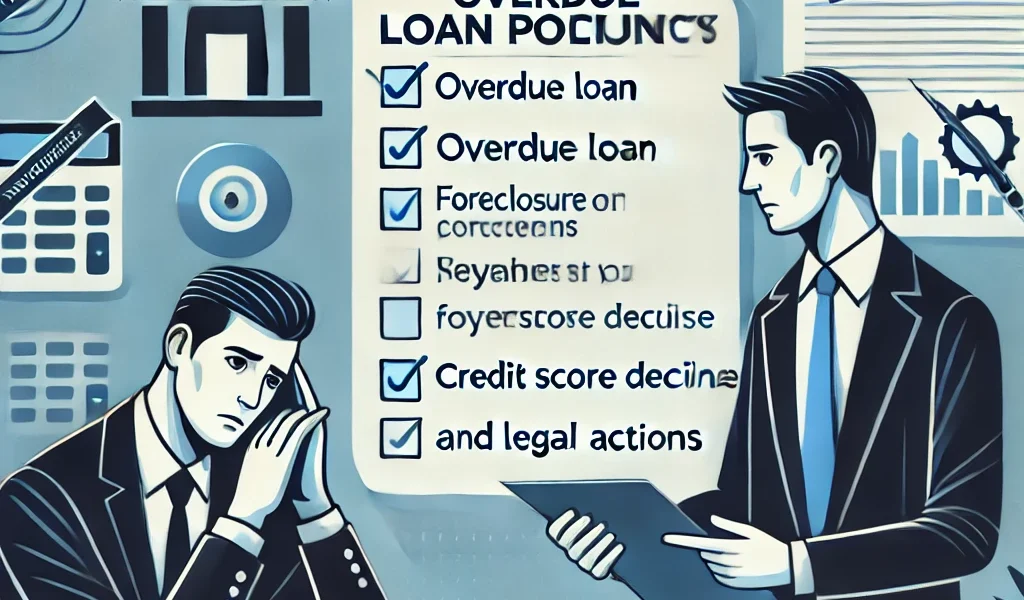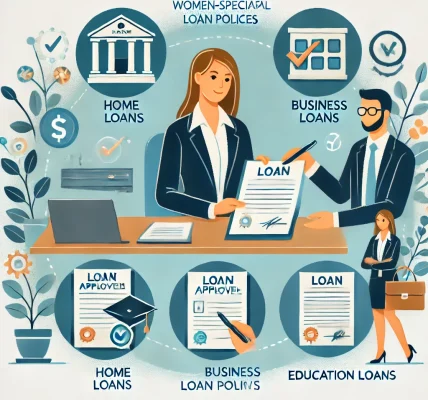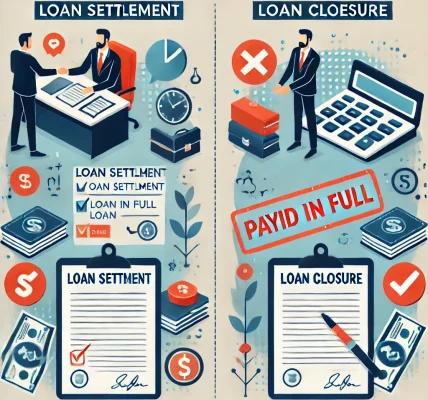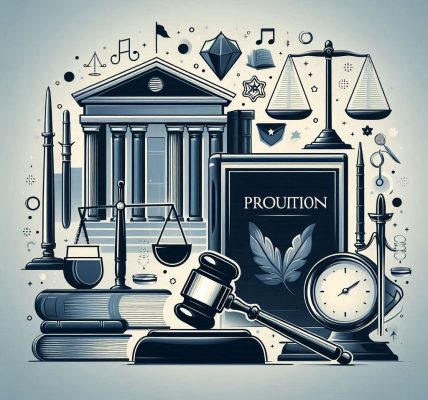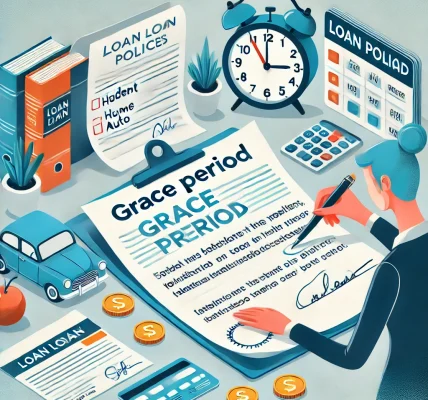Introduction
Failing to repay a loan is a situation no borrower wants to face, but it’s essential to understand what happens in such a scenario. Loan default and recovery policies are designed to protect both lenders and borrowers, ensuring that debts are repaid while offering structured ways to resolve non-payment issues. In this guide, we will explore the consequences of loan default, legal implications, and available recovery options.
What Is Loan Default?
A loan default occurs when a borrower fails to meet the repayment obligations as agreed in the loan contract. The default timeline varies depending on the type of loan and lender policies. Typically, missing a few consecutive payments will trigger the default process, leading to penalties, legal action, and damage to the borrower’s credit score.
Common Reasons for Loan Default
- Financial hardships: Job loss, medical emergencies, or unexpected expenses.
- Mismanagement of finances: Poor budgeting or taking on excessive debt.
- High interest rates: Struggling with increasing interest payments.
- Lack of awareness: Borrowers not fully understanding loan terms and penalties.
Consequences of Loan Default
Defaulting on a loan can have serious financial and legal repercussions. Here’s what borrowers should expect:
1. Penalty Fees and Increased Interest Rates
Most lenders impose late fees and increase interest rates if a borrower fails to make timely payments. These charges accumulate over time, making repayment even more difficult.
2. Negative Impact on Credit Score
Loan default significantly lowers your credit score, affecting future borrowing opportunities. A bad credit history may lead to loan denials or higher interest rates in the future.
3. Legal Action and Debt Recovery Process
Lenders may initiate legal proceedings to recover the unpaid loan amount. This can result in wage garnishment, asset seizure, or court judgments against the borrower.
4. Collateral Seizure (For Secured Loans)
For loans backed by collateral, such as mortgages or auto loans, lenders have the right to seize the asset in case of non-payment. Repossession of property can cause significant financial setbacks.
5. Debt Collection Agencies
Lenders may transfer unpaid loans to debt collection agencies. These agencies may aggressively pursue repayment, adding stress and potential legal action against the borrower.
Loan Recovery Policies and Options
If you find yourself unable to pay your loan, there are several options available under loan recovery policies:
1. Loan Restructuring
Lenders may offer loan restructuring programs where terms are modified to make repayment more manageable. This could involve extending the loan tenure or reducing interest rates.
2. Debt Settlement
Some lenders allow borrowers to negotiate a settlement where they pay a portion of the outstanding balance to close the loan account. However, this may still impact credit scores.
3. Government Assistance Programs
Certain governments offer financial assistance or debt relief programs for struggling borrowers. These programs provide subsidies or restructuring options to prevent defaults.
4. Loan Refinancing
Borrowers can refinance their loans with better terms, lowering their monthly payment burden. This is particularly useful for high-interest loans.
5. Bankruptcy Protection
As a last resort, borrowers may consider filing for bankruptcy to eliminate overwhelming debt. However, this has long-term credit consequences and should only be considered after consulting a financial expert.
How to Avoid Loan Default
To prevent loan default, borrowers should take proactive steps:
- Create a Budget: Prioritize loan payments and cut unnecessary expenses.
- Communicate with Lenders: If facing financial difficulties, discuss repayment options with your lender before defaulting.
- Emergency Fund: Build a financial cushion to cover unexpected expenses.
- Monitor Credit Reports: Regularly check your credit score and address any financial issues early.
- Consider Insurance: Loan protection insurance can cover repayments in cases of job loss or medical emergencies.
Conclusion
Understanding loan default and recovery policies helps borrowers make informed decisions and avoid financial distress. If you’re struggling with repayments, explore available recovery options and communicate with your lender before defaulting. Being proactive can prevent severe financial and legal consequences, ensuring a stable financial future.
